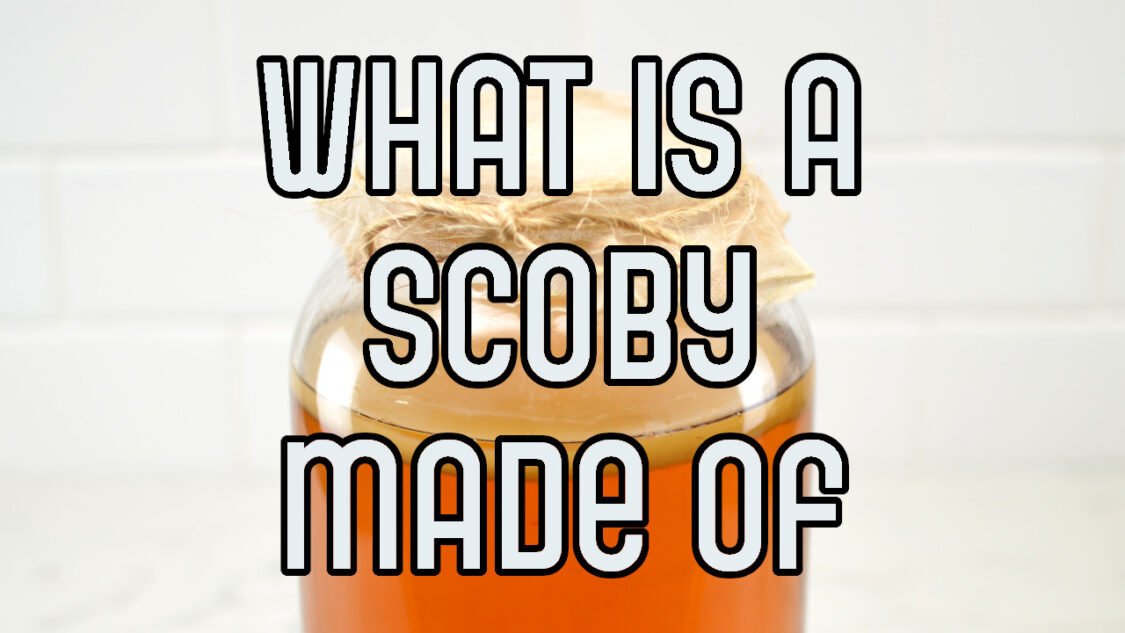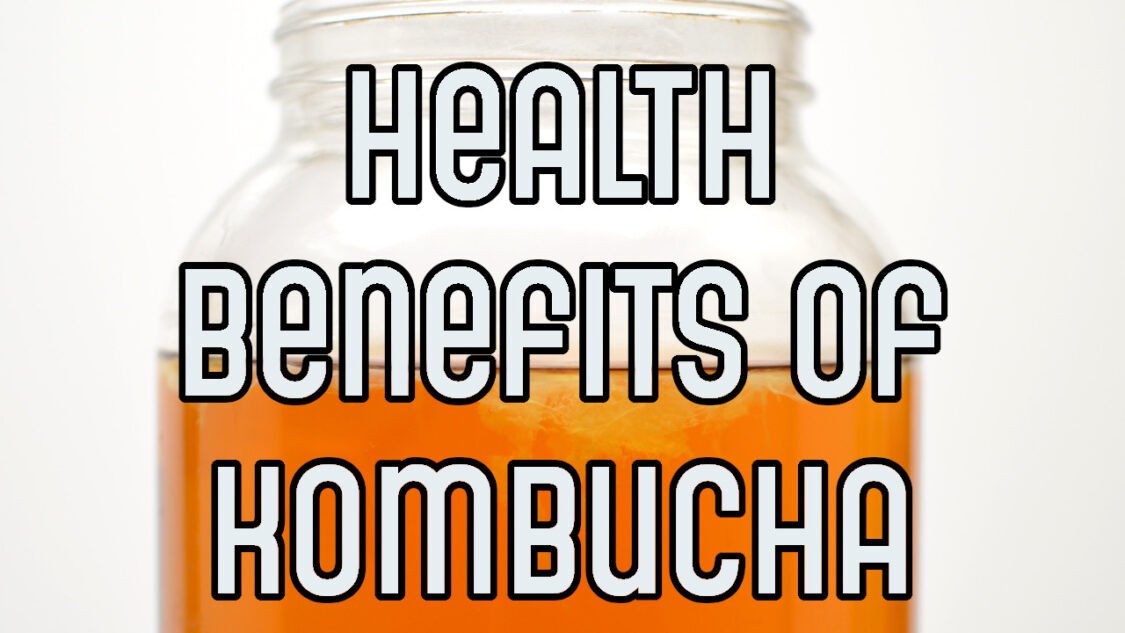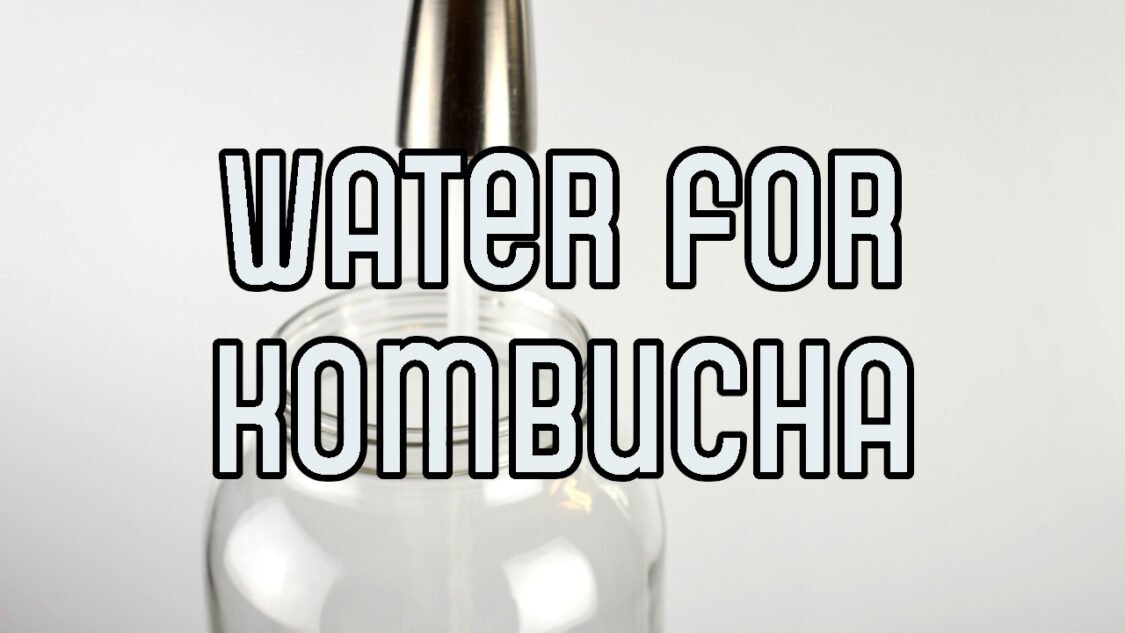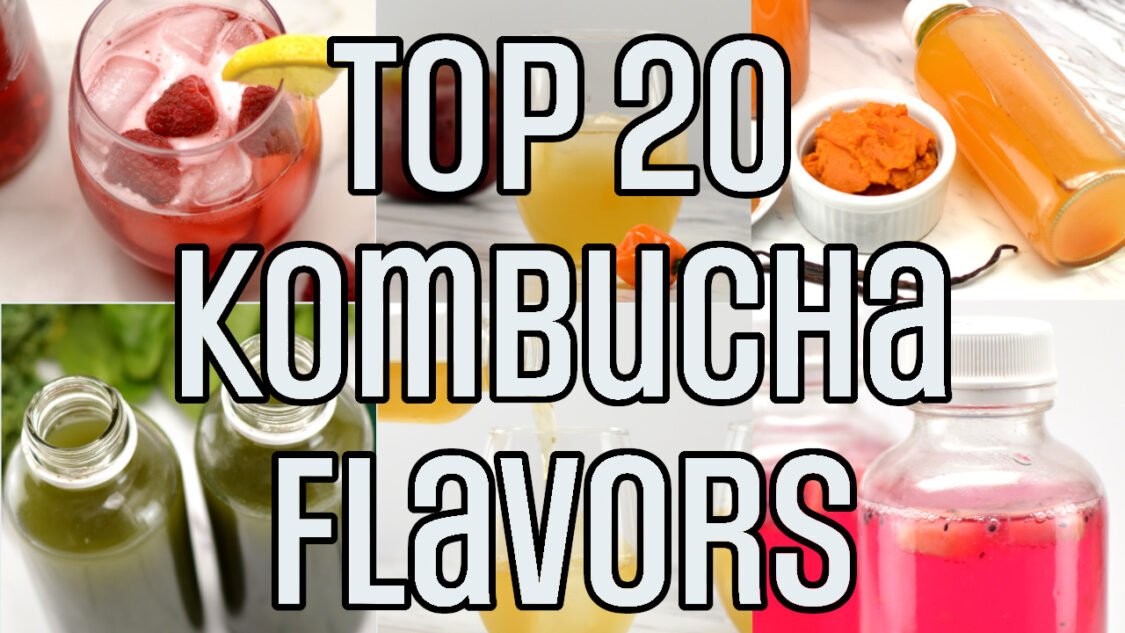Ginger Simple Syrup REcipe
Looking for a delicious ingredient to give your drinks a kick of spice? Look no further than Ginger Simple Syrup.
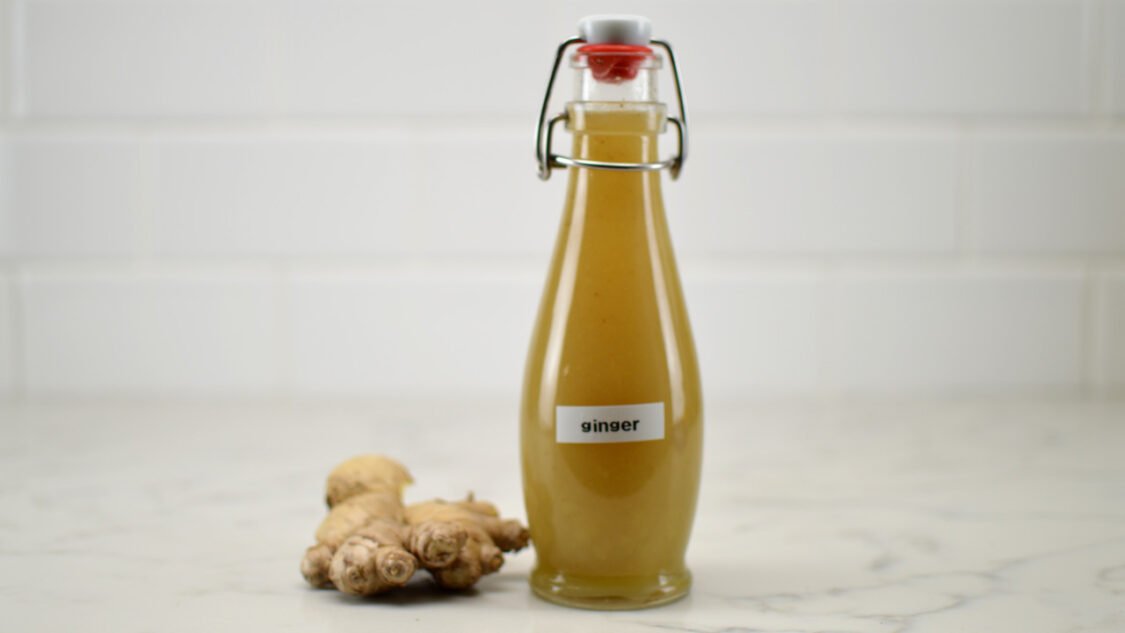
This simple homemade cocktail (and kombucha mocktail) syrup is the perfect way to elevate your mixed drinks to new heights and simulate or heighten the the sensation of drinking alcohol. Adding this syrup to your next mocktail will add viscosity to the mouthfeel of your mocktail and provide a slight burning sensation, simulating the effect of drinking alcohol.
Why USe Ginger Simple Syrup?
To replicate the sensations of alcohol in a non-alcoholic drink, we can add ingredients that create similar effects. One way to achieve the “burn” of alcohol is is by using spicy ingredients such as ginger or chilies.
Although the compounds involved are not the same as alcohol, they stimulate the same nerves as alcohol and are therefore a suitable analog.
Ginger contains a compound called gingerol, which is responsible for its spiciness. which typically fades when ginger is cooked. However, when ginger is boiled to make syrup, a derivative called shogaol is formed, which is even spicier. This can be noticed by comparing fresh ginger juice to a boiled ginger syrup, and the difference is both noticeable and fascinating.
Read more about the science of making great mocktails at how to make great mocktails.
Other Homemade Tinctures & Extracts
Here are some other tinctures and extracts that you can make at home to enhance your next mocktail:
Habanero Tincture: Ideal for simulating the “burn” of ethanol in non-alcoholic drinks
Over-Steeped Tea: The astringency of this concentrated tea emulates the drying effect of alcohol
Spruce Tip Extract: Infuses drinks with fresh evergreen botanicals yielding gin-like notes
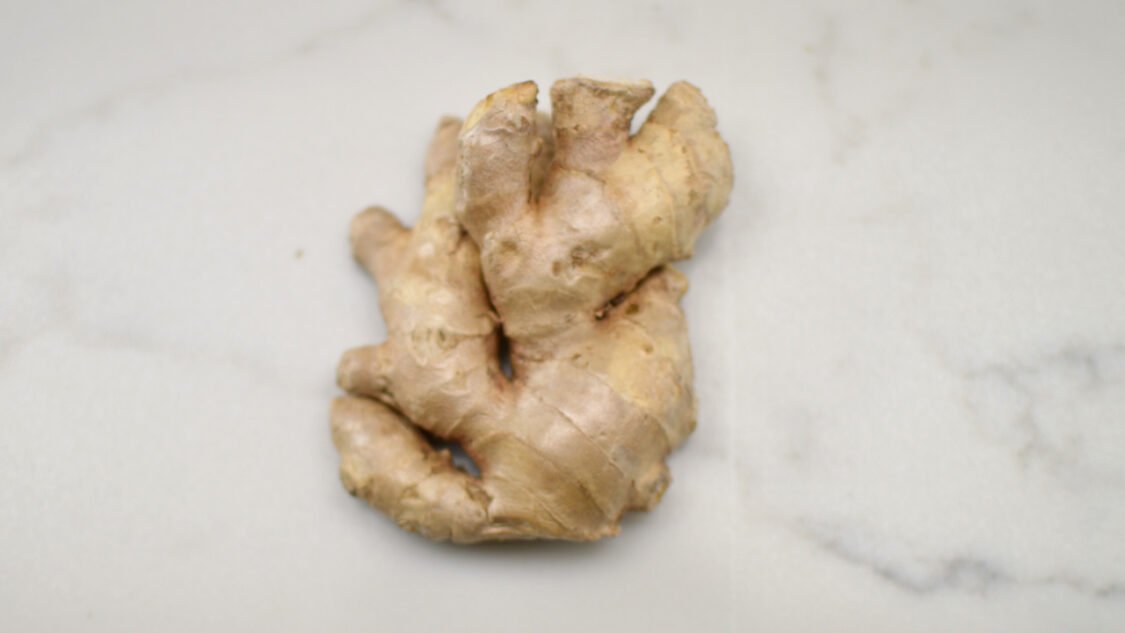
Ingredients For Ginger Simple Syrup
Fresh ginger: Fresh ginger, with it’s slightly peppery and sweet taste and pungent-spicy aroma gives non-alcoholic cocktails like this a light, spicy zip that emulates the sensation you get at the back of your throat when drinking alcohol.
Sugar: Sugar is a key ingredient in all simple syrups.
Water: Regular tap water or filtered water. Nothing fancy here.
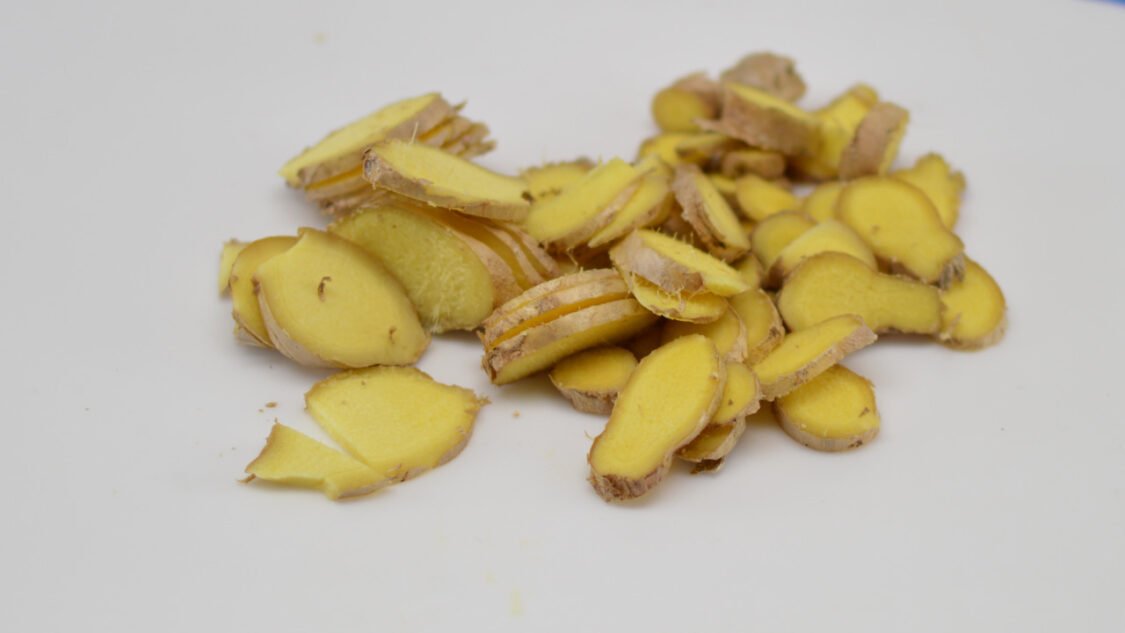
Best Sugars for Ginger Simple Syrup
When making ginger simple syrup, there are a few types of sugar that you can use. Although granulated sugar is the preferred option, other types can also be used. Here are some considerations:
Granulated sugar is the most processed type of sugar. However, all types of sugar contain sugar and calories. Granulated sugar is preferred for making clear-colored syrups, like ginger simple syrup.
Organic cane sugar or coconut sugar are also suitable options. However, since they are darker in color than white sugar, they will turn the syrup yellow-brown. This color difference does not affect the flavor, and with ginger simple syrup, the ginger also contributes to the brown color.
Brown sugar is not commonly used for simple syrup because it produces a very dark syrup with a slight molasses flavor. It can be used for ginger simple syrup, but it will result in a darker, heavier flavor.
How to Make Ginger Simple Syrup
Making ginger simple syrup is a simple and quick process. The method I use for making it is different from standard simple syrup recipes due to the difficulty in getting ginger to infuse into the syrup . To create the most flavorful and spicy ginger syrup, I blend the ingredients together before bringing to a simmer.
Here are the basic steps to create the spiciest ginger syrup possible
Wash and slice the ginger root, you made do this without peeling it to save time
Add ginger, sugar, and boiling water to a blender. Boiling water can be quickly prepared using a teapot.
Blend the mixture for several minutes until it becomes smooth. Add to a small pot and simmer until reduced about 50%
Strain the mixture through a fine mesh strainer into a glass storage container
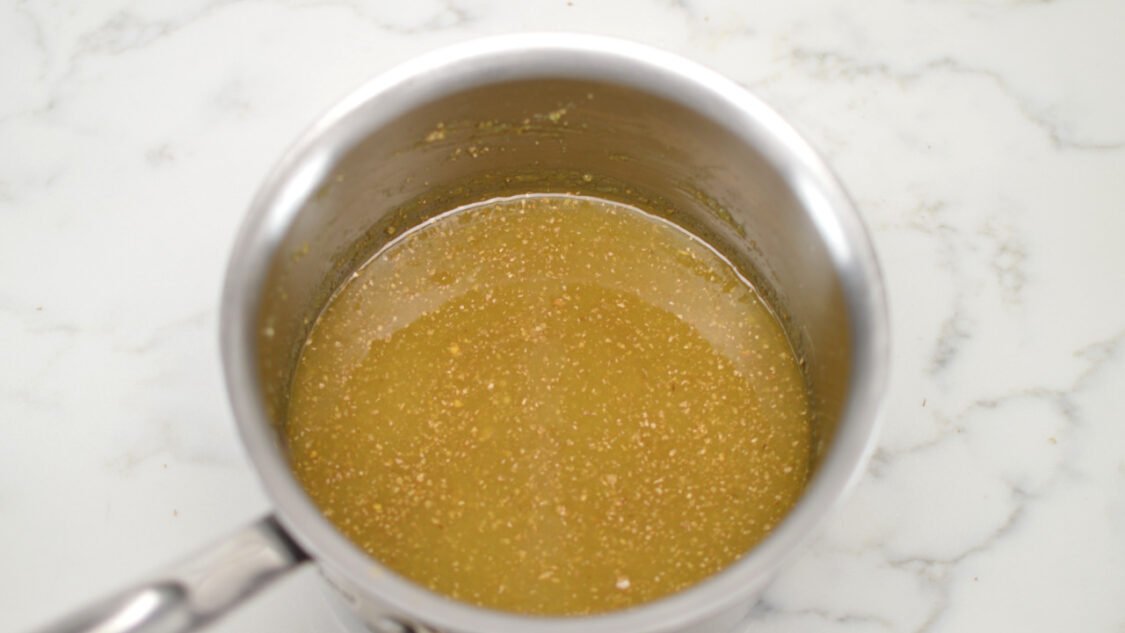
Ginger Simple Syrup Recipe
Yield: 1 cup • Active time: 20 minutes • Total time: 15 minutes
This is the most potent and flavorful ginger syrup and will take your mocktails to the next level
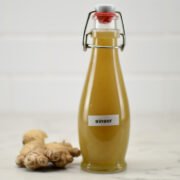
Ingredients:
3/4 cup fresh ginger root, cleaned and sliced. About 3-4 ounces
1/2 cup granulated sugar
1 1/2 cups boiling water. Reduce to 1/2 cup if not simmering after blending, syrup will still be flavorful but not as intense
Instructions:
- Wash the ginger, but there’s no need to peel it. Slice it into rounds
- Place the ginger rounds in a blender along with the sugar and boiling water
- Blend the mixture until it becomes completely smooth, which should take about a minute or two
- Add mixture to a small pan and simmer until reduced to a little over a cup
- Use a fine mesh strainer to filter the ginger syrup into a glass container
- Refrigerate the jar for up to a month. Shake or stir before using
Nutrition Information:
Serving size:1 tsp Calories: 17 kcal (1%) Carbohydrates: 4g (1%) Sodium: 1mg Sugar: 5g (5%)
Helping you learn to brew kombucha, find inspiration for new kombucha flavors and use kombucha to make kombucha mocktails

